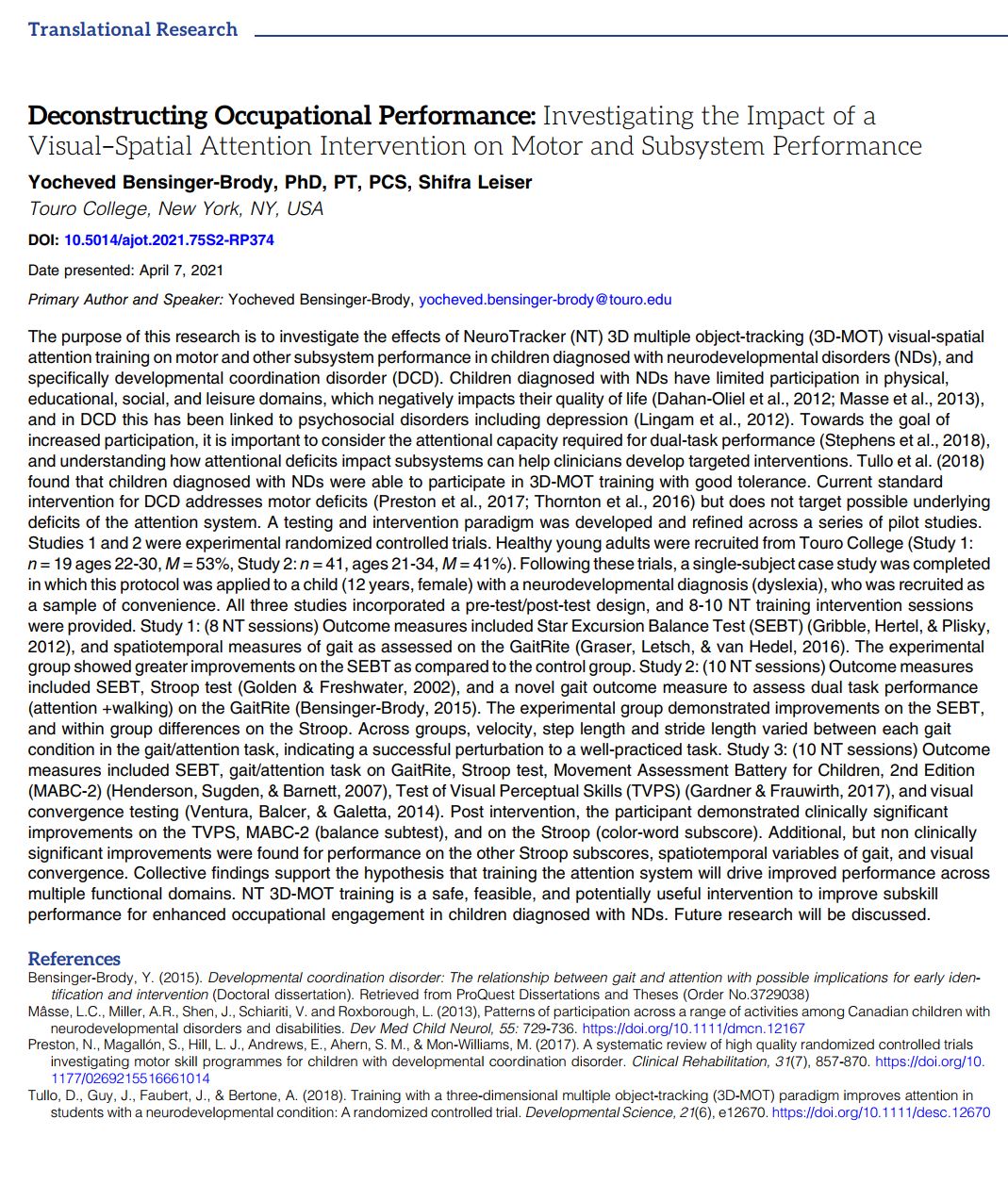Welcome to the Research and Strategy Services at in today's fast-paced.


A newly published study by the Center for BrainHealth measured changes in brain blood flow and oxygenation via MRI scans of healthy adults (around 65 years old) as they completed a 12 week cognitive training program. They trained on tasks designed to improve executive functions in strategic attention, integrative reasoning and innovation. The group showed improvements in these areas along with a 7.9 percent increase in blood flow throughout the brain. The founder of the Center for Brain Health and study lead commented:
“We can lose 1–2 percent in global brain blood flow every decade, starting in our 20s. To see almost an 8 percent increase in brain blood flow may be seen as regaining decades of brain health, since blood flow is linked to neural health. We believe the reasoning training triggered neural plasticity by engaging the brain networks involved in staying focused on a goal.”

They also trained a second group throughout the program, but these participants completed three 60-minute sessions per week of aerobic exercise on a treadmill or stationary bike. This group showed improved memory performance, along with higher cerebral blood flow, but specifically in a region of the brain associated with memory function, an area known to be vulnerable in aging and dementia. Supported by a grant from the National Institutes of Health, this high quality research followed on from prior clinical trials that indicated cognitive training could yield benefits across executive functions. The study’s findings provide key insights into how non-pharmacological cognitive interventions can positively affect neurophysiological changes in the brain, and in ways that are pertinent to maintaining health in old age. The paper concluded, “We propose that the distinct benefits of CT (cognitive training) resulted from harnessing experienced-driven neural plasticity”. Although the study did not combine cognitive and physical training as a single intervention, it does pave to way to research in this area.
The full study can be found here,
http://journal.frontiersin.org/article/10.3389/fnhum.2016.00338/full








Welcome to the Research and Strategy Services at in today's fast-paced.

If your thinking feels slower than usual, it doesn’t automatically mean something is wrong. This guide explains common short-term causes, normal cognitive variability, and how to interpret changes calmly over time.

Many professional roles require cognitive performance to be sustained over long periods rather than demonstrated briefly. This article explains how sustained cognitive load shapes performance in knowledge-work and monitoring environments.

An overview of the important interpretational difference between temporary changes in brain state, and durably lasting changes in cognitive capacities.
.png)